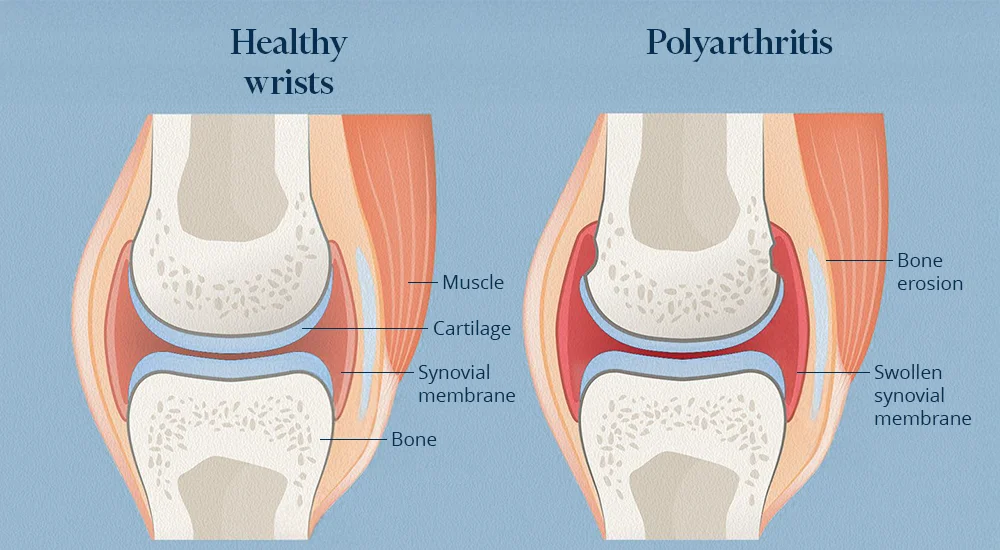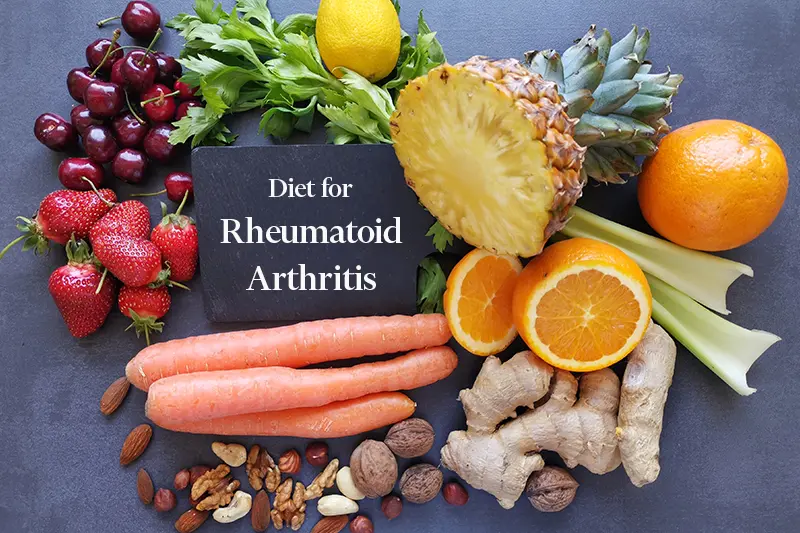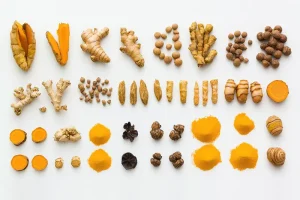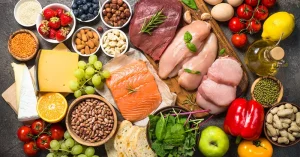Rheumatoid arthritis is a chronic autoimmune disease that affects millions worldwide, causing joint pain, inflammation, and reduced mobility. While medication is essential, what you eat can also play a key role in managing symptoms, reducing inflammation, and supporting overall well-being. A balanced diet rich in anti-inflammatory nutrients can help protect your joints, boost energy levels, and improve your quality of life. At VenArt Clinic, we guide patients toward smart food choices that complement medical treatment and promote better long-term joint health.
What Is Rheumatoid Arthritis?
Rheumatoid arthritis is a chronic autoimmune disease in which the immune system mistakenly attacks the joints, causing inflammation, pain, and progressive joint damage and deformity.
While food alone cannot cure the disease, the right diet can help:
- Reduce inflammation;
- Ease pain;
- Slow disease progression;
- Support overall health.
Long-term inflammation may affect not only the joints but also the lungs, eyes, and blood vessels. Medication remains essential, but diet can support treatment by managing inflammation and energy levels.
Why Diet Is Important in Rheumatoid Arthritis
Eating the right foods helps:
- Decrease inflammation in the body;
- Improve response to medication;
- Maintain a healthy weight, which reduces stress on joints;
- Protect cardiovascular health, which can be at risk due to chronic inflammation.
A healthy diet can make a real difference in symptom control and long-term well-being.
General Principles of Diet in Rheumatoid Arthritis
A beneficial diet for rheumatoid arthritis should be:
- Rich in anti-inflammatory foods;
- Low in processed foods and harmful fats;
- Varied and balanced to deliver all essential nutrients;
- Adapted to your individual tolerances and health needs.
There is no universal plan for everyone, but these general principles are useful for most patients.
Recommended Foods
1. Fatty Fish
Fatty fish is one of the best natural sources of Omega-3 fatty acids, which help fight inflammation.
Eat 2–3 times a week:
- Salmon;
- Mackerel;
- Sardines;
- Tuna.
Benefit: Omega-3s can help reduce morning stiffness and joint pain and may lessen the need for anti-inflammatories.
2. Fruits and Vegetables
Fruits and vegetables supply vitamins, minerals, fiber, and antioxidants. Aim for 5–7 servings daily.
Most beneficial choices:
- Berries (blueberries, raspberries) – rich in anti-inflammatory polyphenols;
- Broccoli, kale, spinach – high in vitamin C, E, and beta-carotene;
- Carrots, peppers, tomatoes – sources of carotenoids and vitamin C.
Benefit: Antioxidants help protect cells from inflammation and oxidative stress.
3. Nuts and Seeds
Nuts, almonds, flaxseeds, and chia seeds provide healthy fats, protein, and fiber to support heart health and reduce inflammation.
Good options:
- Almonds;
- Walnuts;
- Flaxseeds;
- Chia seeds.
Benefit: They help control inflammation and protect cardiovascular health.
4. Extra Virgin Olive Oil
Extra virgin olive oil is high in oleic acid and oleocanthal, which have proven anti-inflammatory effects.
Benefit: Supports reduced systemic inflammation and keeps blood vessels healthy.
Use it as your main fat for cooking and salad dressings.
5. Whole Grains
Whole grains supply fiber, B vitamins, and minerals that can help lower levels of inflammatory proteins.
Good choices:
- Whole-grain oats;
- Brown rice;
- Quinoa;
- Whole-grain bread.
Benefit: Fiber helps control blood sugar and reduces inflammatory markers.

Foods to Avoid
1. Processed and Fast Food
Contains additives, preservatives, trans fats, and excess salt.
Negative effects: Worsens inflammation and raises cardiovascular risk.
2. Refined Sugars
Sweets, sugary drinks, and pastries raise levels of inflammatory cytokines.
Negative effects: Worsens inflammation and promotes weight gain.
3. Saturated Fats
Found in fatty red meat, butter, and full-cream dairy.
Negative effects: Raises inflammation and cardiovascular risk.
4. Gluten and Dairy (in Some Cases)
Some people may have an inflammatory reaction to gluten (from wheat, rye, barley) or dairy. Always consult your doctor or dietitian before making changes.
Example One-Day Menu
- Breakfast: Whole-grain oats with plant-based milk, blueberries, and chia seeds;
- Snack: A handful of raw almonds;
- Lunch: Grilled salmon with green salad, cherry tomatoes, and olive oil dressing;
- Afternoon Snack: Plant-based yogurt with flaxseed or a spinach, banana, and water smoothie;
- Dinner: Sautéed vegetables (broccoli, carrots, mushrooms) with quinoa;
- Hydration: 2–2.5 liters of water daily.
Other Useful Recommendations
- Keep a healthy weight – excess weight strains joints;
- Stay active – moderate exercise supports joint flexibility;
- Avoid smoking – worsens inflammation and lowers treatment success;
- Track food reactions – each patient may react differently to certain foods.
Frequently asked questions
What Foods Aggravate Rheumatoid Arthritis?
Foods that may worsen inflammation:
- Fatty red meat
- Processed foods (sausages, fast food)
- Sweets and sugary drinks
- Pastries with trans fats
Avoiding these can help reduce flare-ups.
Is a Vegetarian Diet Recommended?
A mostly plant-based diet full of fruits, vegetables, legumes, and whole grains can help lower inflammation. Be sure to get enough protein, iron, and vitamin B12 from plant sources or supplements if needed.
Is Dairy Allowed?
Generally, low-fat dairy (yogurt, skim milk) is fine. Some people find dairy worsens inflammation or digestion. Monitor your own reactions and discuss with your doctor if unsure.
Can I Drink Coffee?
Moderate coffee (1–2 cups daily) does not usually worsen rheumatoid arthritis. Excessive intake can lower bone density or interfere with some medicines.
Are Dietary Supplements Helpful?
Some supplements may help, but only use them on a doctor’s advice:
- Omega-3 (fish oil)
- Vitamin D
- Calcium
- Antioxidants (vitamin C, E)
Self-medicating is not recommended, as some supplements may interact with your medications.
What Role Does Hydration Play?
Staying well-hydrated helps joint function, supports cell activity, and flushes out toxins. Drink 2–2.5 liters daily, adjusting for your activity level.
How Do I Know If Food Worsens My Symptoms?
Keep a food diary. Note:
- What you eat
- Symptoms in the next 24–48 hours
This can help you spot foods that trigger pain or inflammation.











